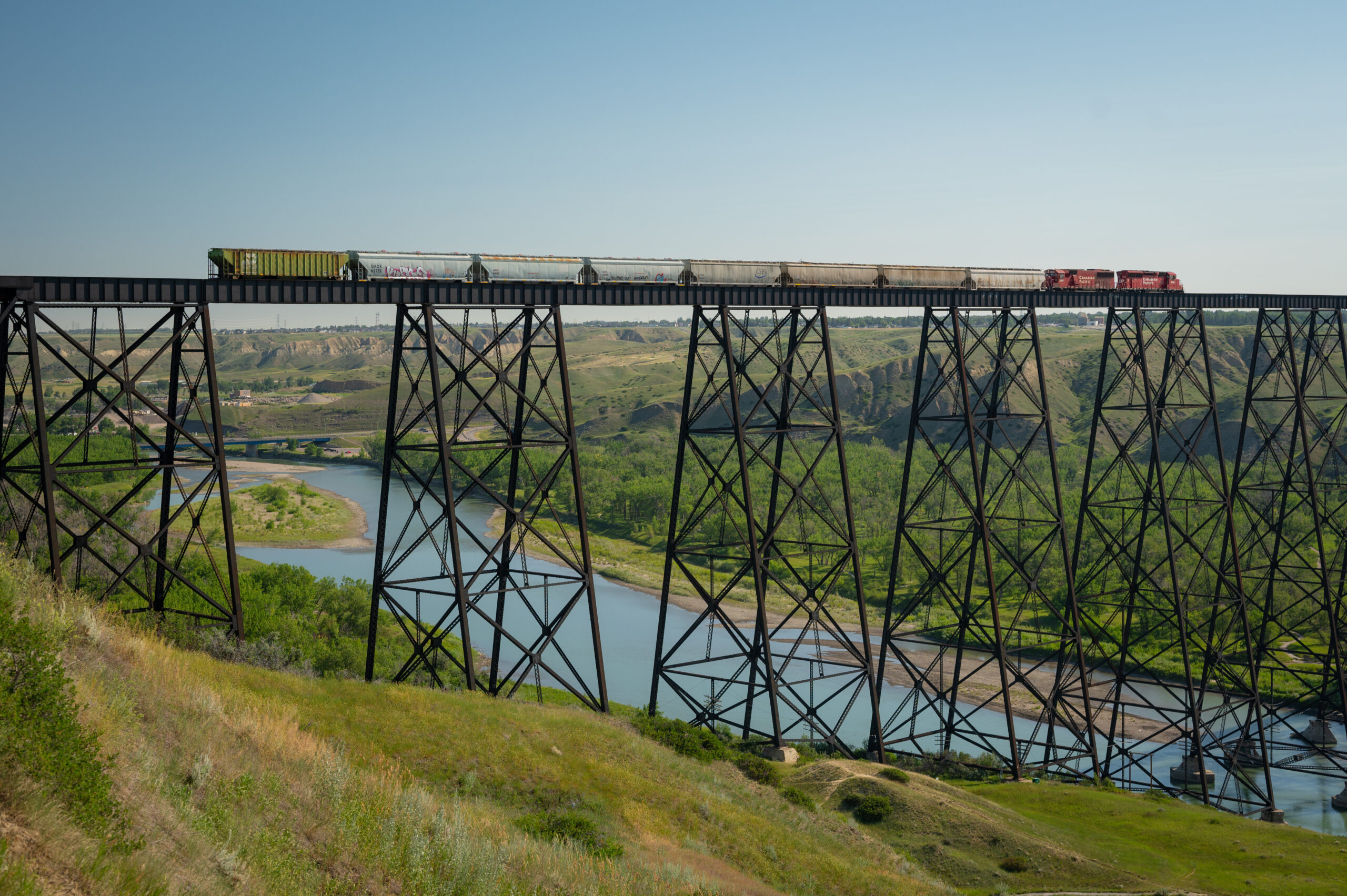Master Class: Mastering Business Optimization with Quantum Computing
Modern business problems, from logistics bottlenecks to resource optimization, are growing more complex. But they don’t need to be unsolvable. This free Master Class is designed for business owners, […]
Lethbridge Launches Canada’s First Quantum Super Hub at Tecconnect
Lethbridge, AB – Economic Development Lethbridge (EDL), in partnership with SuperQ Quantum,proudly announces the launch of Canada’s first Quantum Super Hub at the Tecconnect innovationfacility in Lethbridge. This milestone will […]
Lethbridge Region Economic Resilience Task Force Strengthens Response to U.S. Tariffs
LETHBRIDGE, AB – The Lethbridge Region Economic Resilience Task Force continues to make strides inaddressing the economic challenges posed by the U.S. tariffs on Canadian exports. Our region, which reliesheavily […]
New Look Websites for Economic Development Lethbridge & Canada’s Premier Food Corridor
Lethbridge, AB… Economic Development Lethbridge (EDL) is pleased to announce the launch of their newlydeveloped Choose Lethbridge website. The new website along with a newly redesigned Canada’s PremierFood Corridor (CPFC) […]
New Funding Announced to Explore a Creative Industries Hub in Southern Alberta
Lethbridge, AB… Economic Development Lethbridge (EDL) is pleased to announce funding support from the Government of Alberta’s Northern and Regional Economic Development (NRED) Program to explore the creation of a […]
High Level Innovation Conference 2025:Empowering Innovators, Entrepreneurs, and the Next Generation
LETHBRIDGE, AB – April 7, 2025 – The High Level Innovation Conference (HLIC), Southern Alberta’s premier eventcelebrating technology, Esports, and entrepreneurship, is back on May 2–3, 2025, at the Agri-Food […]
Uncovering Shopping Trends for the Lethbridge Trade Area
Lethbridge, AB…Economic Development Lethbridge (EDL) led an updated research study to identify hownon-Lethbridge residents engage in commercial activity in the city and to better understand local retail trendsinfluencing shopper behaviour. […]
EDL Annual General Meeting Welcomes New Board Chair and Directors
Lethbridge, AB… Economic Development Lethbridge held its Annual General Meeting last night at the CoastHotel and Conference Centre. The evening was a chance for the organization to look back and […]
EDL Receives Funding to Help Bolster Regional Logistics Sector
Lethbridge, AB… Prairies Economic Development Canada (PrairiesCan) announced last week it will investover $400,000 to help Economic Development Lethbridge (EDL) and partners develop the supply chain andlogistics sector in Southern […]
Launch of Lethbridge Region Economic Resilience Task Force
Lethbridge, AB… A growing list of community partners are coming together to organize an Economic ResilienceTask Force for the region. This coalition of organizations is aligned around a vision to […]


